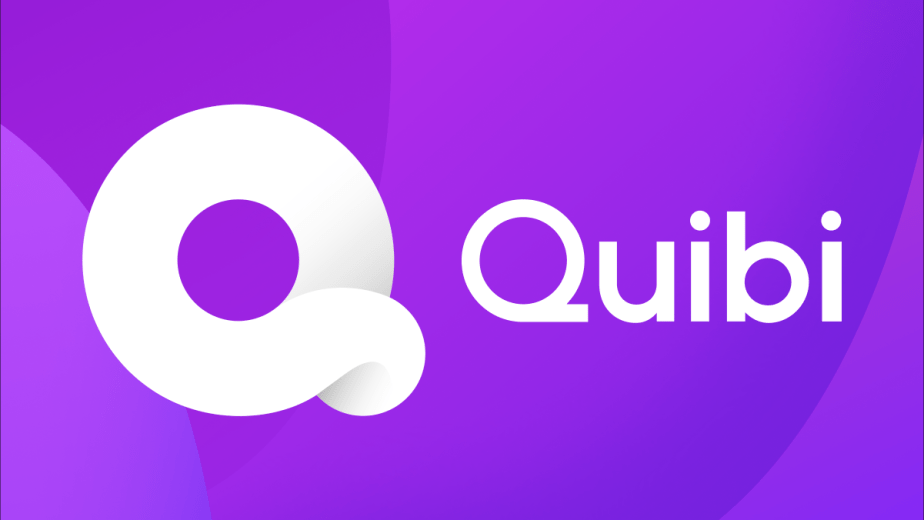The £15 Billion WhatsApp Lesson: Why Android App Development Changes Everything
In 2009, WhatsApp launched with a simple idea: free, reliable messaging across mobile devices. Unlike SMS, it worked over the internet and quickly became a hit. Early versions were basic and had their growing pains, but the real challenge wasn’t crashes or bad app development—it was scaling the backend to handle millions of users and billions of messages. By continually improving its infrastructure and expanding to Android, WhatsApp grew into one of the most widely used apps on earth. Today, it’s worth over £15 billion and handles more than 100 billion messages daily.
What Makes Android App Development Different
The Global Market Dominance
Android app development provides access to the world’s largest mobile platform, with over 3 billion active devices globally. This massive reach creates opportunities for:
- Global market penetration across diverse regions and demographics
- Lower development costs compared to iOS due to single codebase
- Faster time to market with streamlined development processes
- Higher user acquisition potential through Google Play Store
- Diverse device compatibility across thousands of Android devices
At BlackFlow, we’ve seen Android apps reach 5x more users globally compared to iOS-only applications, making them essential for businesses targeting international markets.
The Open Source Advantage
Android’s open-source nature provides unique advantages for app development:
- Customisation flexibility that enables unique user experiences
- Integration capabilities with Android system features and services
- Third-party library access for enhanced functionality
- Hardware integration with sensors, cameras, and other device features
- Community support and extensive documentation
The Google Ecosystem Integration
Android app development enables seamless integration with Google’s extensive ecosystem:
- Google Play Services for authentication, maps, and cloud storage
- Google Cloud Platform for scalable backend infrastructure
- Google Analytics for user behaviour tracking and insights
- Google Ads for user acquisition and monetisation
- Google Assistant for voice integration and smart features
The BlackFlow Android App Development Process
Kotlin and Java Expertise
Our Android app development team uses the latest technologies and best practices:
- Kotlin as the primary programming language for modern, concise code
- Java for legacy integration and performance-critical components
- Jetpack Compose for modern, declarative UI development
- Coroutines for asynchronous programming and background tasks
- Room for local data persistence and database management
Android Framework Mastery
We leverage Android’s comprehensive framework ecosystem:
- Android SDK for core platform functionality
- Jetpack libraries for modern development patterns
- Material Design for consistent and beautiful user interfaces
- Android Architecture Components for robust app architecture
- Google Play Services for enhanced functionality and integration
Design and User Experience
Our Android app development follows Material Design principles to create:
- Intuitive navigation that feels natural to Android users
- Consistent design patterns that users recognise and trust
- Accessibility features that make apps usable for everyone
- Responsive layouts that work on all Android device sizes
- Smooth animations that enhance user experience
Real-World Android App Development Success Stories
Case Study: WhatsApp’s £15+ Billion Communication Platform
WhatsApp’s Android app development focused on creating a simple, reliable messaging platform that worked seamlessly with Android features. Their app needed to replace SMS messaging while providing additional features that users wanted.
Key Android-specific innovations:
- Background processing that enabled message delivery
- Notification management that worked across all Android versions
- File sharing that integrated with Android’s sharing system
- Contact integration that automatically found WhatsApp users
- Google Drive backup that synchronised data across devices
The result? WhatsApp became the world’s most popular messaging app, processing over 100 billion messages daily and reaching a valuation of over £15 billion.
Case Study: Instagram’s £200+ Billion Visual Platform
Instagram’s Android app development transformed photography from a professional skill to an everyday activity. Their app needed to be more than just a photo sharing tool—it needed to become essential to daily life.
Technical achievements included:
- Advanced photo editing that worked in real-time
- Stories feature that competed with Snapchat
- IGTV platform that enabled long-form video content
- Shopping features that enabled e-commerce integration
- Algorithmic feed that kept users engaged
The result? Instagram became the world’s most popular photo sharing platform, with over 2 billion monthly active users and a valuation of over £200 billion.
Case Study: TikTok’s £200+ Billion Platform Transformation
TikTok’s Android app development faced the challenge of creating a platform that could handle viral content and massive user growth. Their app needed to be more than just a video sharing tool—it needed to become addictive.
Key Android innovations:
- Advanced video processing that worked in real-time
- Machine learning algorithms that created personalised feeds
- Social features that encouraged sharing and discovery
- Creator tools that enabled professional content creation
- Global scalability that handled billions of users
The result? TikTok became the most downloaded app in history, reaching over 3 billion downloads and a valuation of over £200 billion.
The Technical Architecture That Powers Android Success
Modern Android Development Practices
Our Android app development uses modern practices that ensure:
- MVVM architecture that separates concerns and improves maintainability
- Repository pattern for data management and caching
- Dependency injection with Hilt for modular and testable code
- Reactive programming with Flow and LiveData for data flow management
- Unit and UI testing that ensures reliability and quality
Performance Optimisation
Android apps must perform well across diverse devices and hardware configurations. Our performance optimisation strategies include:
- Memory management that prevents leaks and OutOfMemoryErrors
- Image optimisation that reduces app size and load times
- Database optimisation that handles large datasets efficiently
- Network optimisation that minimises data usage and battery drain
- Battery optimisation that extends device life
Security and Privacy
Android apps must meet strict security and privacy requirements. Our security approach includes:
- Data encryption for sensitive information
- Secure communication with HTTPS and certificate pinning
- Privacy compliance with GDPR and Android privacy guidelines
- Biometric authentication with fingerprint and face recognition
- Secure storage with Android Keystore for sensitive data
The Google Play Store and Distribution Strategy
Play Store Optimisation
Getting your Android app discovered in the Google Play Store requires strategic optimisation:
- Keyword research and ASO (App Store Optimisation)
- Compelling screenshots and app previews
- User reviews and rating management
- Play Store featuring and editorial opportunities
- Search ranking and visibility optimisation
Release and Update Strategy
Our Android app development includes comprehensive release management:
- Internal testing with Google Play Console
- Closed testing with limited user groups
- Open testing with public beta releases
- Staged rollouts that minimise risk and enable quick fixes
- A/B testing that optimises user experience
Choosing the Right Android Development Partner
Technical Expertise and Experience
Look for Android app development teams with:
- Deep Kotlin and Java expertise
- Experience with Android frameworks and technologies
- Knowledge of Google Play guidelines and requirements
- Understanding of Android design patterns and best practices
- Track record of successful Play Store launches
Design and User Experience
Choose partners who understand:
- Material Design guidelines and design principles
- Android-specific user experience patterns and expectations
- Accessibility requirements and inclusive design
- Cross-device compatibility and responsive design
- Performance optimisation and smooth animations
Business Understanding
The best Android development partners understand:
- Your business model and revenue goals
- Target audience and user personas
- Competitive landscape and market positioning
- Play Store strategy and distribution channels
- Long-term vision and growth plans
The Investment and ROI of Android Development
Development Costs and Timeline
Android app development typically requires:
- 3-6 months for initial development
- 1-2 weeks for Play Store review and approval
- Ongoing maintenance and updates
- Play Store fees and developer program costs
- Marketing and promotion expenses
Revenue Potential
Android apps typically generate:
- Higher user volume compared to iOS
- Global market reach across diverse regions
- Ad-supported monetisation opportunities
- In-app purchase success
- Freemium model viability
Market Reach
Android development provides access to:
- Global user base with diverse demographics
- Emerging markets through affordable devices
- Enterprise customers through Google Workspace
- Developer ecosystem and third-party integrations
- Google’s marketing and featuring opportunities
Future Trends and Opportunities
Emerging Technologies
Android development is evolving with new technologies:
- Jetpack Compose for declarative user interface development
- Kotlin Multiplatform for cross-platform development
- Machine Learning with TensorFlow Lite and ML Kit
- Augmented Reality with ARCore
- Foldable devices and adaptive UI design
Market Opportunities
Key opportunities in Android development include:
- Emerging markets with growing smartphone adoption
- Enterprise applications with Google Workspace integration
- IoT and connected devices with Android Things
- Cross-platform solutions with Flutter and React Native
- 5G applications with enhanced connectivity features
Your Path to Android Development Success
The journey to Android app success begins with a clear understanding of your target audience, business goals, and technical requirements. Start by researching the Google Play Store, analysing successful competitors, and defining your unique value proposition.
At BlackFlow, we don’t just build Android apps—we create experiences that leverage the full power of the Android ecosystem to deliver exceptional value to your users and business.
Ready to discover how Android app development can transform your business? Contact BlackFlow today to learn how our Liverpool-based team can help you build the perfect Android app for your unique needs.



